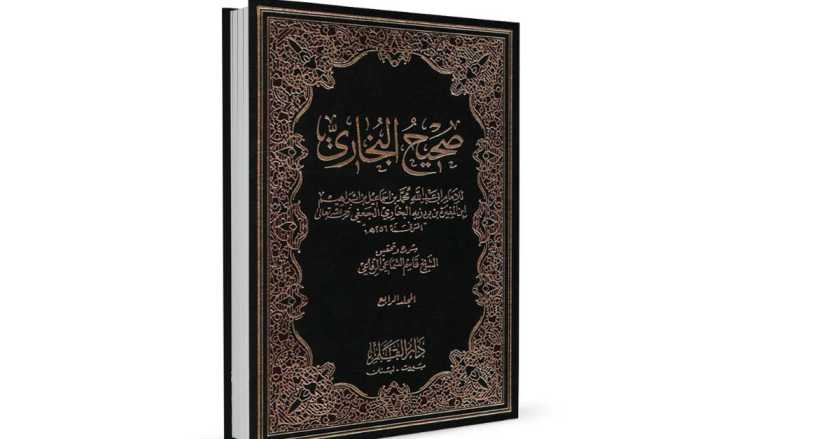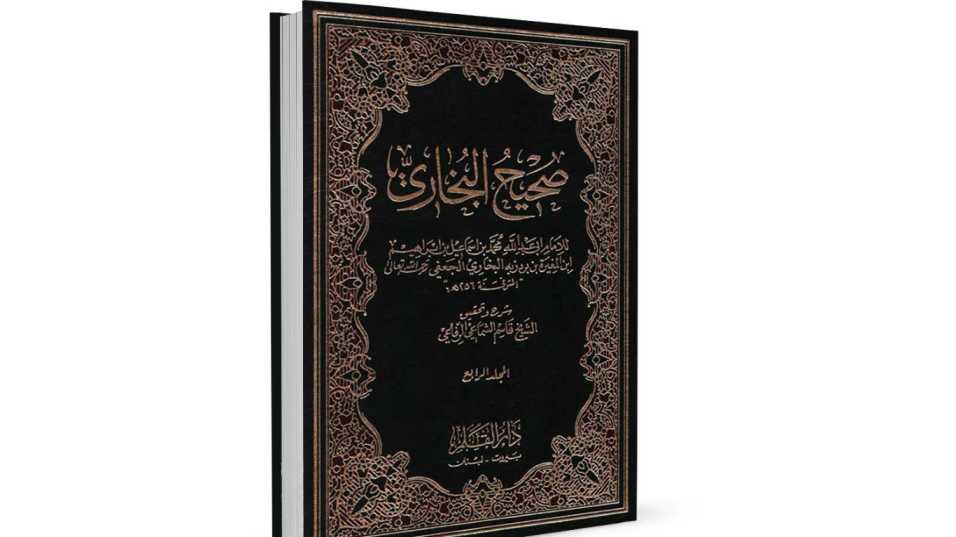Islamic Hadith: Timeless Wisdom for a Meaningful Life -2025
What is Islamic Hadith?

Understanding Islamic Hadith: A Timeless Source of Guidance
Islamic Hadith refers to the sayings, actions, and approvals of the Prophet Muhammad ﷺ. These narrations serve as a foundational source of guidance for Muslims, second only to the Quran. Hadiths offer profound insights into Islamic beliefs, rituals, ethics, and social conduct, helping to shape the daily lives and spiritual practices of Muslims around the world.
The Role of Hadith in Islamic Law (Shariah)
Hadith plays an essential role in the development and application of Islamic law, known as Shariah. Many rulings and legal principles are derived directly from the Hadith, as they explain and expand upon the Quranic verses. While the Quran provides divine commandments, Hadith demonstrates their practical application through the example set by the Prophet ﷺ. For instance, detailed instructions on prayer, fasting, and business ethics are understood more comprehensively through Hadith literature.
Categories of Hadith
Islamic scholars have developed a structured system to evaluate the authenticity of Hadiths. These are broadly categorized based on the reliability of their chain of narrators (isnad) and the text (matn) itself:
-
Sahih (Authentic): These Hadiths have a strong and uninterrupted chain of reliable narrators and are considered highly trustworthy.
-
Hasan (Good): These are sound Hadiths with some minor weaknesses in the chain but are still generally acceptable for deriving rulings.
-
Da’if (Weak): These narrations have significant issues in their chain or content, making them less reliable.
-
Mawdu’ (Fabricated): These are falsely attributed to the Prophet ﷺ and are rejected in Islamic scholarship.
Preservation and Compilation
The science of Hadith collection, known as ‘Ilm al-Hadith, is a rigorous and specialized field in Islamic studies. Early Muslim scholars developed comprehensive methodologies to verify narrations and reject fabrications. This process included examining the character, memory, and integrity of each narrator. Well-known compilations such as Sahih al-Bukhari, Sahih Muslim, Sunan Abu Dawood, and Jami` at-Tirmidhi have stood the test of time and are central to Islamic jurisprudence and theology.
Hadith on Faith and Worship
Numerous Hadiths emphasize the significance of faith (Iman) and acts of worship (Ibadah). One of the most famous sayings of the Prophet ﷺ is:
“Actions are judged by intentions, and every person will be rewarded according to their intention.”
(Sahih al-Bukhari 1, Sahih Muslim 1907)
This Hadith highlights the core principle that sincerity in one’s worship is vital. It serves as a reminder that deeds are only meaningful when done for the sake of Allah.
Hadith on Character and Morality
Good character is a key component of Islamic teachings. The Prophet ﷺ taught:
“The best among you are those who have the best manners and character.”
(Sahih al-Bukhari 3559, Sahih Muslim 2321)
This guidance encourages Muslims to embody values such as honesty, humility, and compassion, reinforcing the importance of ethical behavior in all aspects of life.
Hadith on Kindness and Charity
The Prophet ﷺ often emphasized generosity and care for others. He said:
“The believer’s shade on the Day of Judgment will be his charity.”
(Sunan al-Tirmidhi 604)
This Hadith underlines the spiritual rewards of charitable acts, reminding believers of the lasting value of generosity.
Hadith on Patience and Adversity
Life’s trials are seen as opportunities for spiritual growth. The Prophet ﷺ offered reassurance:
“No fatigue, nor disease, nor sorrow… even the prick of a thorn, but that Allah expiates some of his sins for it.”
(Sahih al-Bukhari 5641, Sahih Muslim 2573)
Through this, believers are taught to face hardships with patience and trust in Allah’s wisdom.
Hadith on Seeking Knowledge
The pursuit of knowledge is highly encouraged in Islam. The Prophet ﷺ stated:
“Seeking knowledge is an obligation upon every Muslim.”
(Sunan Ibn Majah 224)
This Hadith highlights the value of both religious and worldly knowledge, promoting continuous learning and intellectual growth.
Conclusion: Timeless Relevance
Islamic Hadiths continue to offer profound relevance in contemporary life. They provide moral direction, clarify religious obligations, and inspire spiritual growth. By studying authentic Hadiths and applying their wisdom, Muslims can strengthen their faith, refine their character, and live in alignment with divine principles. Ensuring the authenticity and correct understanding of Hadiths is crucial in preserving the true spirit of Islam and fostering a balanced, compassionate approach to life.
More similar blogs Unlocking the Power of Ramadan: Quran & Hadith Insights- 2025

